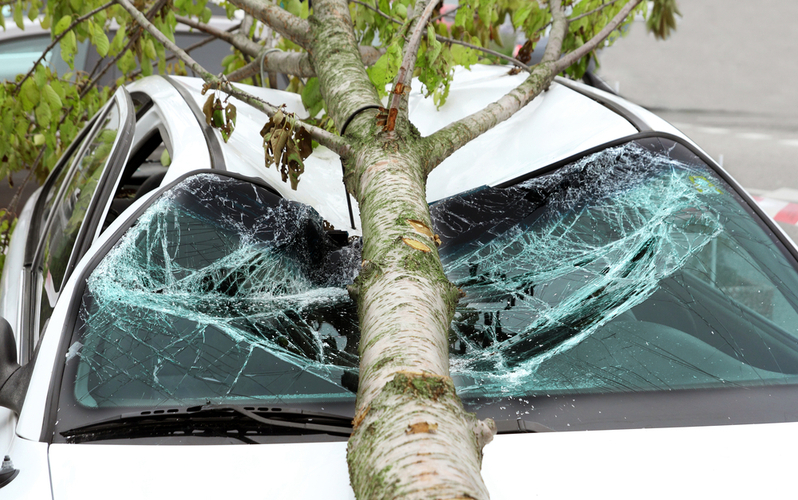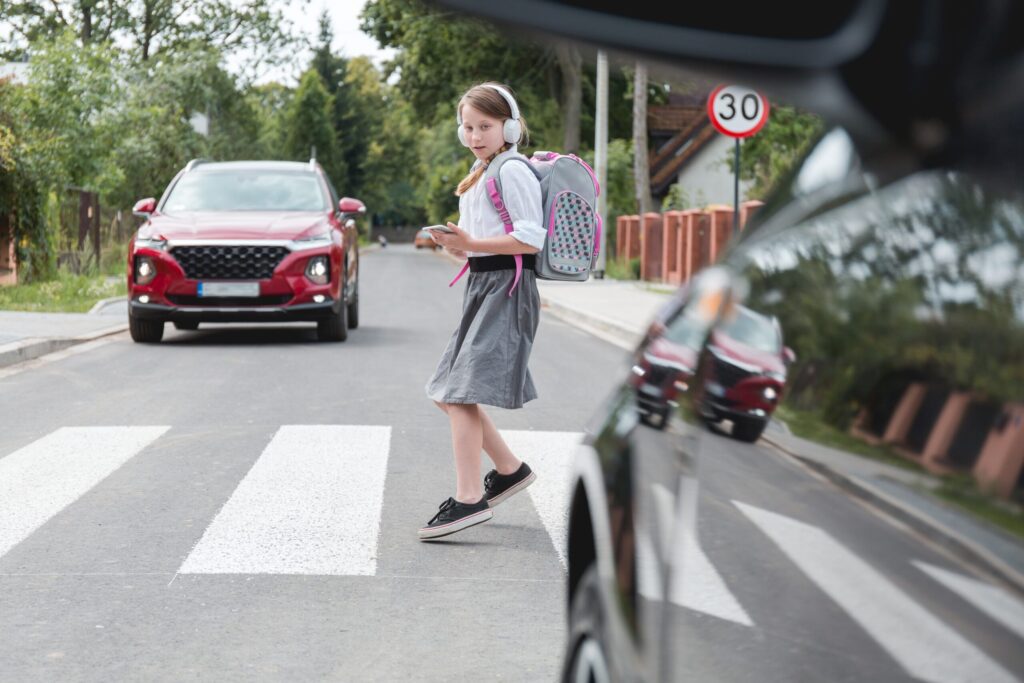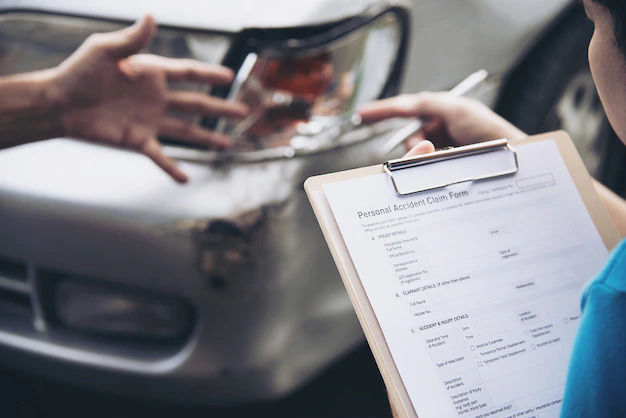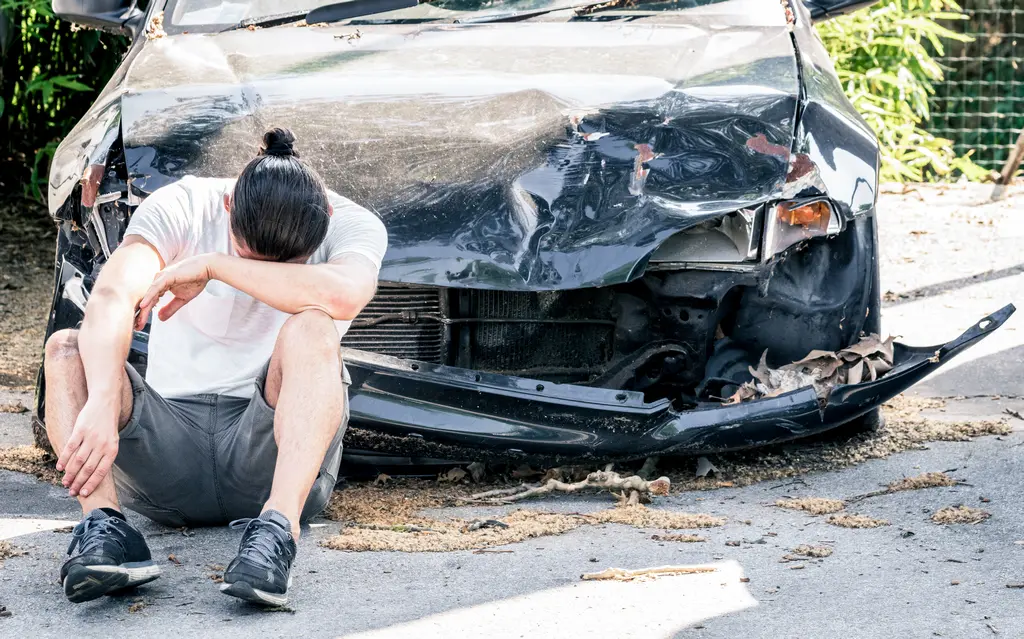If you’re in an auto accident in Louisiana, chances are you have insurance. In Louisiana, you can be fined for driving without insurance and face the suspension of your driving privileges, and the state’s “No Pay, No Play” law could prevent you from collecting certain amounts after a car accident, even if the other driver is at fault. That’s why in Louisiana, as in the other 49 states, car insurance plays a major part in any claim filed after an auto accident.
If you’ve purchased Comprehensive Auto Insurance, does that mean you’re fully covered, regardless of the specific details of the accident and how it occurred? Comprehensive insurance only covers incidents that don’t involve a collision, but despite that, it can be very useful to have.
What are Louisiana’s Car Insurance Laws?
Louisiana requires all car owners to maintain liability insurance. Louisiana is also a “fault” car accident state, meaning the person who was at fault for causing a car accident becomes responsible for any damages or injuries that resulted from it. That also means the at-fault driver’s insurance carrier is likely to absorb these losses, up to their own policy limits.
Anyone who suffers injury or damage from an accident in Louisiana has several options. They can:
- File a claim with their own insurance company
- File a third-party claim directly with the at-fault driver’s insurance carrier
- File a personal injury lawsuit in civil court against the at-fault driver.
That’s a key way that Louisiana differs from a no-fault auto insurance state. If you live in a no-fault state and get into a car accident, you need to turn to your personal injury protection coverage for medical bills and out of pocket losses, regardless of who caused the crash.
Louisiana also has minimum liability car insurance requirements for all vehicles registered in the state. In order to drive your vehicle, you must first purchase:
- Bodily Injury Liability: $15,000 per person
- Total Bodily Injury: $30,000 per accident
- Property Damage: $25,000
Auto insurance companies are required to notify the state if a motorist cancels or lowers their insurance below the minimum needed to legally drive, and anyone who does won’t be allowed to renew their registration.
Who Needs Comprehensive Insurance Coverage?
In Louisiana, there are several forms of optional insurance coverage that motorists can purchase, and that includes comprehensive coverage in the event that your vehicle is damaged from something other than a collision. That can include damage resulting from:
- Fire
- Theft
- Vandalism
- Natural Disasters
- Hitting an animal
- Flooding
- Or a flying object.
Comprehensive insurance can help pay for repairs resulting from any of these incidents, and it can also be used to replace your vehicle in the case of a total loss.
So who needs comprehensive car insurance coverage? It’s probably safe to say that virtually everyone does. Having it means you can feel more protected from having your car broken into or vandalized. And since Louisiana has endured hurricanes that brought devastating winds and flooding to many parts of the state, having comprehensive coverage is a smart move here.
Even an accident that involves you hitting a deer or other animal on the road can be covered by comprehensive coverage, so the benefits of purchasing it are not insignificant.
What Doesn’t get Covered by Comprehensive Insurance?
Although this coverage is called ‘comprehensive,’ despite the name it doesn’t truly cover everything. Comprehensive insurance will not help you in certain cases, including if:
- You hit an object
- Need towing or roadside assistance
- Need to rent a car
- Have property in your car that gets stolen.
Those are not part of the comprehensive coverage since other forms of coverages exist to protect you in those situations, including collision insurance, roadside assistance coverage (which includes towing and labor), and rental reimbursement.
Comprehensive coverage also doesn’t kick in for other situations, such as:
- Car damage from a collision
- Damage to another person’s car from a collision
- The medical bills of you and your passenger after a collision
There’s also a difference between collision and comprehensive insurance. Collision coverage helps you pay for repairs to your car if it gets damaged in a collision with another car, or if you hit an object. Comprehensive is a separate coverage that helps cover losses that often don’t result from driving the vehicle.
Experienced Personal Injury Attorneys in Louisiana
If you’re involved in an accident in Louisiana and are not sure what to do next, the car accident attorneys at The Offices of E. Orum Young will use their decades of experience to assist you with your claim. With accolades that include the Gold Medal Congressional Award, you can be confident that we will handle your case thoroughly and with care.
Attorneys at E. Orum Young Law have filed more than 20,000 cases and have more than 35 years of experience. Give us a call today at 318-303-4194 for your free case review. It’s your right to know your options!






